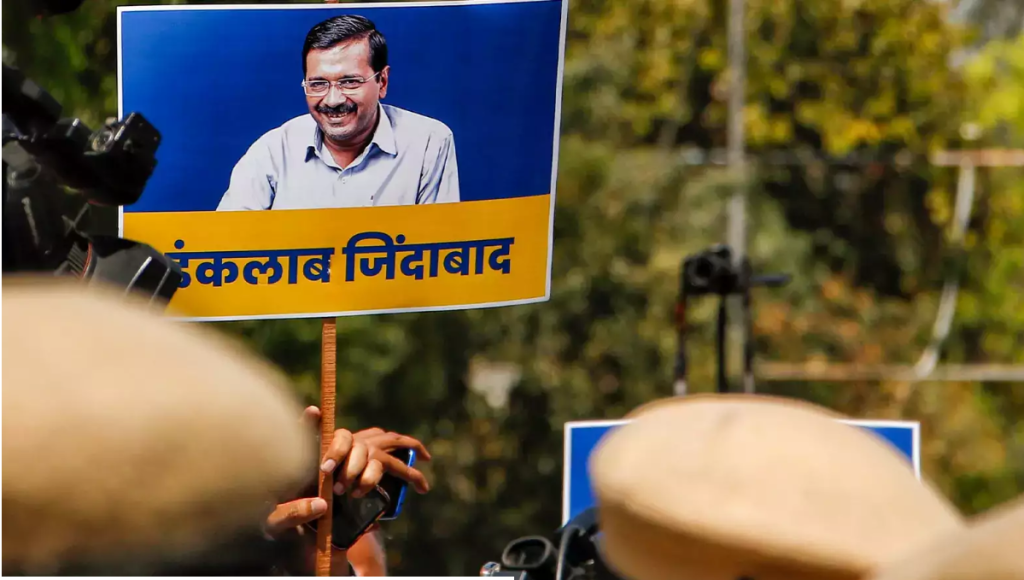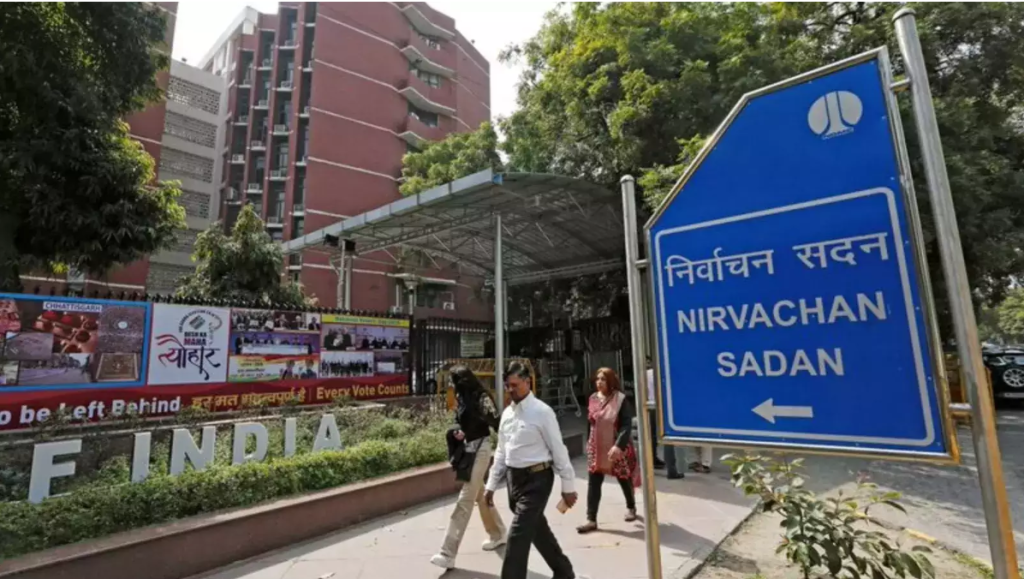Socialists, like Hugo Chavez in Venezuela or Indira Gandhi in India, are famous for nationalising the biggest corporations. But the US governmenthas taken over three of its biggest corporations within two weeks. Has the US turned socialist?
American right-wingers moan that this is indeed the case. Meanwhile, Indian leftists are stunned at nationalisation in a country they view as pitilessly capitalist.
Two of the nationalised corporations, Fannie May and Freddie Mac, are by far the biggest mortgage lenders in the world, with $5 trillion of mortgages and loans on their books. That’s five times India’s GDP, to put their size in perspective. The third corporation, AIG, is the biggest insurance company in the world. No nationalisation in professedly socialist countries was ever so big.
Leftists suspect the US takeovers aim to rescue rich shareholders. Not so. The government will acquire 79.9% of the shares of these companies at virtually zero cost, pushing down the share price close to zero. So, rich shareholders have been wiped out, and the bosses of all three corporations have been sacked.
This is not a rescue of the rich. It is a rescue of ordinary people who need mortgages and a functioning housing market, which would have collapsed had Fannie May and Freddie Mac gone bust. The takeover of AIG will save millions of insurance policy holders from losing their coverage and annuities. The takeovers aim to prevent financial panic from spreading and dragging down the whole economy, as happened in the Great Depression of the 1930s.
The usual procedure in a capitalist welfare state is to let mismanaged companies go bust, penalising the shareholders and managers, and then provide safety nets to those adversely affected. But when corporations are so large that their collapse would endanger the entire financial system, it’s sensible even from a capitalist viewpoint to have a government takeover before they collapse. This is a sort of pre-emptive safety net. Moreover, preventing distress wins votes (or at least doesn’t lose them), and that’s vital in a democracy.
Does this mean the US is becoming socialist? Let’s distinguish between two meanings of the word. For many people, socialism means state ownership of the means of production, as in the Soviet Union and Mao’s China, and the US is not going in that direction. But socialism can also mean an activist state that provides basic needs for all, and creates safety nets for those hit by misfortune, old age and sickness. The US has long been socialist in this second sense, and is getting more so.
Modern capitalist states are all welfare states. Enormous bureaucracies have been created to tax the rich, regulate business, provide subsidies and special schemes to the needy, thwart environmental harm and health hazards, and so on. The list is long and keeps growing.
It could not be otherwise in democracies. Contrary to Marx’s assumptions, legislators get elected by catering to the masses, even while taking money from corporations. Legislators constantly create new rules and regulations to protect consumers, retirees, and other vote banks. Hence, the US has become a land of rising red tape.
Between 1970 and 2006, the number of pages in the Federal Register (which lists all regulations) shot up from 20,036 to 78,000. The number of regulators in the service of the federal government rose from 90,000 to 241,000. In the first six years of the George W Bush era (2000-2006), the number of pages of regulations increased by over 10,000, and regulators by over 65,000.
This is galloping socialism, often criticised as bureaucracy run amok. The US is less welfarist than European countries, but is not too far behind. The US legislators have expanded entitlements for the aged and sick so greatly that state spending on social security, Medicare and Medicaid is projected to rise from 7% of GDP today to almost 20% by 2020. So much for the myth that the US is a heartless capitalist ogre. In fact, it combines capitalism with welfarism, and often tilts toward the latter when the two conflict.
Since US politicians get elected by constantly promising to save citizens from pain, they have now saved citizens from corporate bankruptcies that would threaten the whole economy and throw millions of lives into disarray. This is no more than an extension of the safety net principle.
This is very different from Indira Gandhi socialism. Her nationalisation aimed to give the state a stranglehold on industrial production, and seize the commanding heights of the economy. These measures did not benefit ordinary folk at all, and were soon exposed as ‘‘amiri hatao’’ rather than ‘‘ garibi hatao’’ measures.
The US takeovers, by contrast, are temporary affairs, to be followed by re-privatisation once the crisis is resolved. The corporations will be obliged to sell chunks of their assets to pay off debts and attain stability. They will then be re-privatised. They will emerge greatly shrunken, and perhaps broken into smaller units.
Nationalisation is a misleading word for this process. It is better called forced restructuring by the government, as a pre-emptive safety net. It aims to save citizens from pain, but within a market economy framework.




